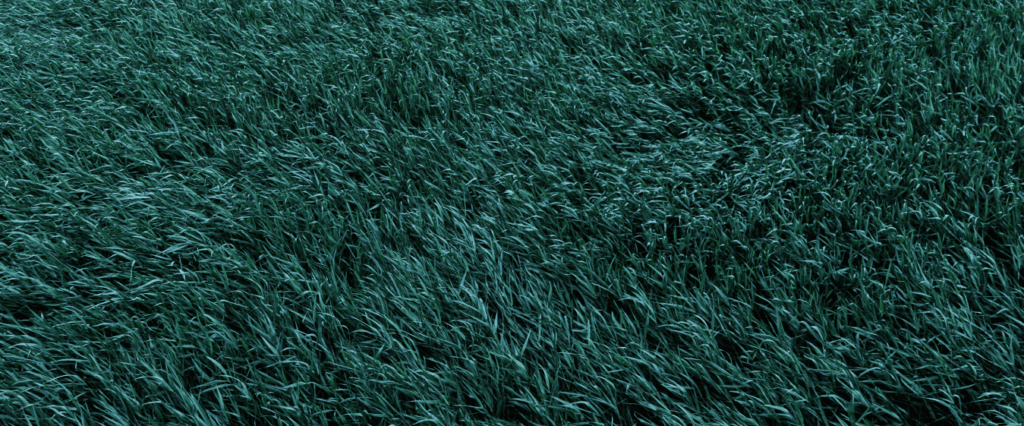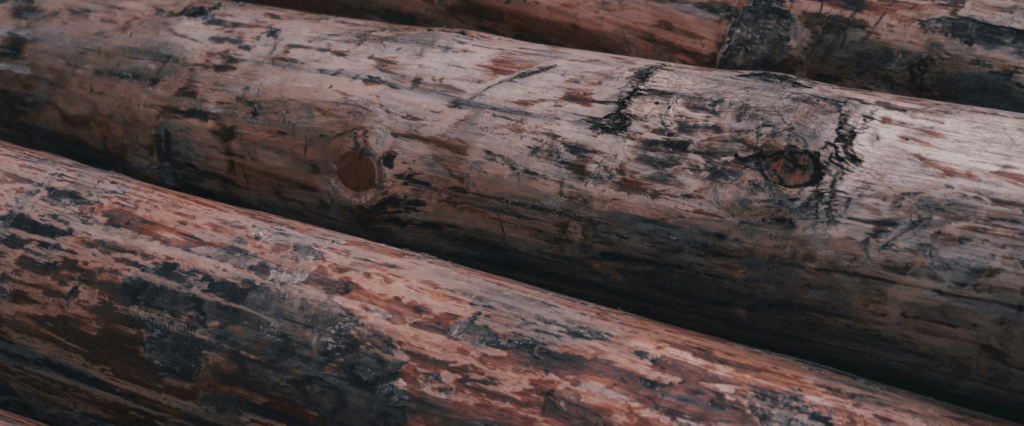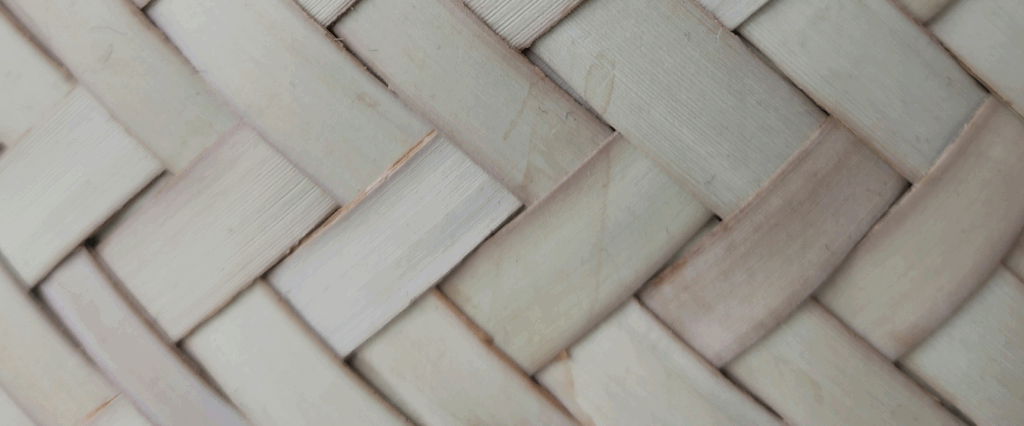Patents are a type of intellectual property that grants the inventor (the patent holder) exclusive rights to manufacture, use, sell, and import their invention in a particular jurisdiction for a set period of time.
Through a license, the patent holder– a person or an entity–can grant permission to other parties to use their invention. Upon expiration of the patent, anyone may manufacture, use, sell, or import the invention without permission.
What is patent infringement?
Patent infringement occurs when a person or entity unlawfully manufactures, uses, sells, copies, or imports a patented invention without the patent holder’s permission. U.S. intellectual property law protects such inventions against infringers.
Patents are geographical, and infringement can occur only in a country where a patent has taken effect. For example, if a patent is granted in the U.S., then it is a violation of patent laws for any party in the U.S. to make, use, sell, or import the patented product.
What are the types of patent infringement?
There are different ways another party may infringe on a patent; patent infringement does not necessarily involve deliberate copying or imitation of a patented product. Here is a breakdown of the forms of patent infringement in the U.S.:
- Direct infringement: This occurs when a party manufacturer, uses, sells, or offers to sell a patented invention without the owner’s consent. Direct infringement becomes literal infringement when the infringing product or process matches every element in the patent.
- Indirect or “induced” infringement: This type of patent infringement arises when an individual or entity “induces,” through aiding, encouraging, or causing. another to infringe a patent.
- Contributory infringement: This refers to situations in which a party supplies a direct infringer with a part that has no substantial non-infringing use, meaning the component becomes a material part of the patented invention or process.
The doctrine of equivalents, which can arise in the context of a patent infringement action in the U.S. and other countries, is a rule that allows a patent holder to claim infringement even if an accused product doesn’t literally infringe on the patent. This can prevent the infringer from changing only minor details of the claimed invention even though the accused product or process functions essentially the same as the patented one.
The United States Patent and Trademark Office provides specific information on the doctrine of equivalents, as compared with literal infringement:
“If an accused product or process does not literally infringe a patented invention, the accused product or process may be found to infringe under the doctrine of equivalents. The essential objective inquiry is: “Does the accused product or process contain elements identical or equivalent to each claimed element of the patented invention?” Warner-Jenkinson Co. v. Hilton Davis Chemical Co., 520 U.S. 17, 40, 41 USPQ2d 1865, 1875 (1997).”
Possible consequences of patent infringement
If a patent holder has reason to believe their patent has been infringed upon, there are several options. First, they can send a cease-and-desist notice to the other party, a form of demand letter. Second, they can sue the infringing party to halt their activities, seeking civil remedies that may include monetary damages (which may be tripled in the U.S. if determined to be intentional) and injunctive relief. The parties may also resolve their dispute through settlement, which could include a cross-licensing agreement.
Penalty severity depends on numerous factors, including the willfulness of the infringement and the extent of damages incurred by the patent holder. In some cases, such as counterfeiting, infringement can lead to criminal charges involving fines and imprisonment.
The most notable patent infringement cases of all time
Some of the most notable cases in the U.S. marking the defense of patents include the following:
BlackBerry Ltd. v. Facebook, Inc.
In 2018, BlackBerry filed a lawsuit against Facebook alleging that various features within Facebook’s WhatsApp and Instagram infringed on BlackBerry’s software patents related to mobile messaging and notifications. In 2020, the parties reached a settlement in which the terms remain undisclosed.
Merck & Co. v. Gilead Sciences, Inc.
Merck sued Gilead in 2016, alleging that Gilead’s hepatitis C drugs infringed on Merck’s patent related to a specific compound used for the same disease. The case delved into intricate patent interpretation and validity issues. Ultimately, a jury favored Merck, awarding the company $2.5 billion in damages. Later, however, this verdict was overturned, necessitating a retrial.
Oracle America, Inc. v. Google LLC
Oracle sued Google in 2016, alleging that its use of Java APIs in its Android operating system infringed Oracle’s patents. The courts ruled in favor of Google after numerous trials and appeals, determining that their use of the APIs fell within fair use principles.
Apple Inc. v. Samsung Electronics Co.
In this high-profile case, Apple alleged Samsung infringed several design and utility patents related to smartphones and tablets. Apple claimed that Samsung’s devices, including the Galaxy series, copied the iPhone and iPad designs. The case went through multiple trials and appeals, resulting in judgments and settlements favoring both parties.
Ongoing patent infringement cases in the E.U.
The E.U. also has witnessed landmark cases involving patent infringement across a range of industries. Here are some of the ongoing, important cases today:
Amgen v. Sanofi and Regeneron
Amgen has been involved in a legal dispute with Sanofi and Regeneron since 2016 over market share for their respective cholesterol medications. In 2016, Amgen’s patent was upheld by the EPO’s Technical Boards of Appeal, but with significant modifications, rendering it non-infringing on Sanofi’s product. In 2023, both companies filed new patent lawsuits. It remains uncertain whether or when a settlement will be reached.
Agfa v. Gucci
This case is notable because it demonstrates the attractiveness of the UPC in traditionally less litigious sectors, such as luxury consumer goods. In this case, printing company Agfa sued luxury goods company Gucci at the Hamburg UPC local division concerning a manufacturing method Agfa had patented for embellishing natural leather with a decorative method.
COVID-19 vaccine battles raging across Europe
In 2023, the battle over mRNA patents covering COVID-19 vaccines continued, with oral hearings. In 2022, first CureVac, then Moderna, sued BioNTech and Pfizer, its partner, for patent infringement, in various European countries and the UK. How this case unfolds remains to be seen.
How to protect against patent infringement
Patent infringement is serious business, even if it does not involve deliberate imitation. From pre-filing assessments to portfolio optimization, individuals and entities can make confident patent decisions and assess patent infringement risk through comprehensive patent search and analytics.
UnitedLex helps companies and law firms of all sizes make better patent decisions with best-in-class research and analysis. Let’s talk.














